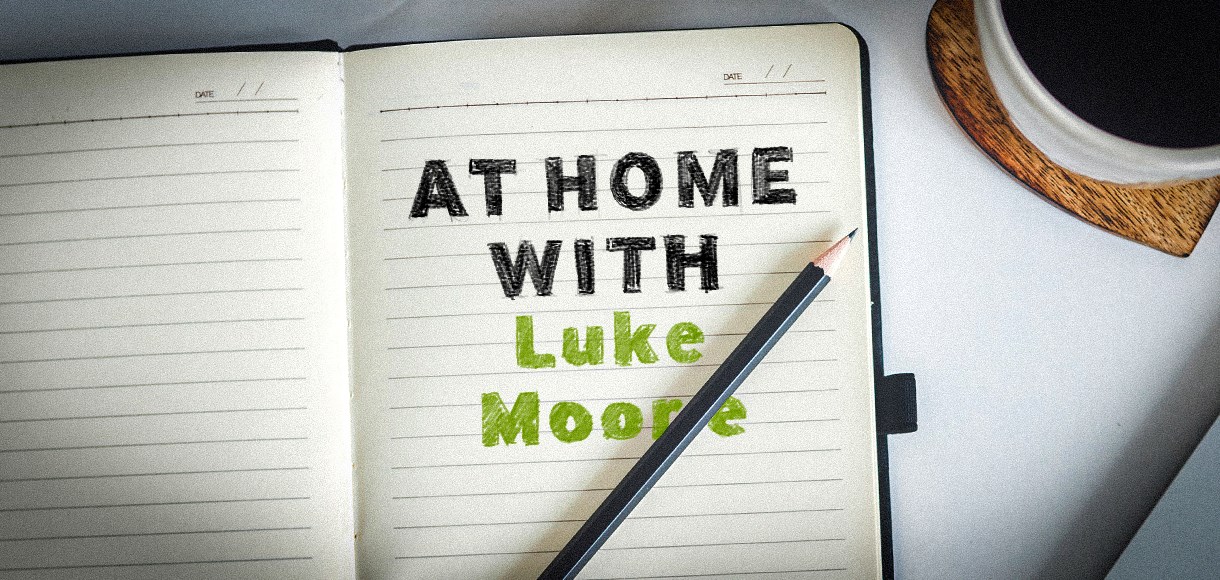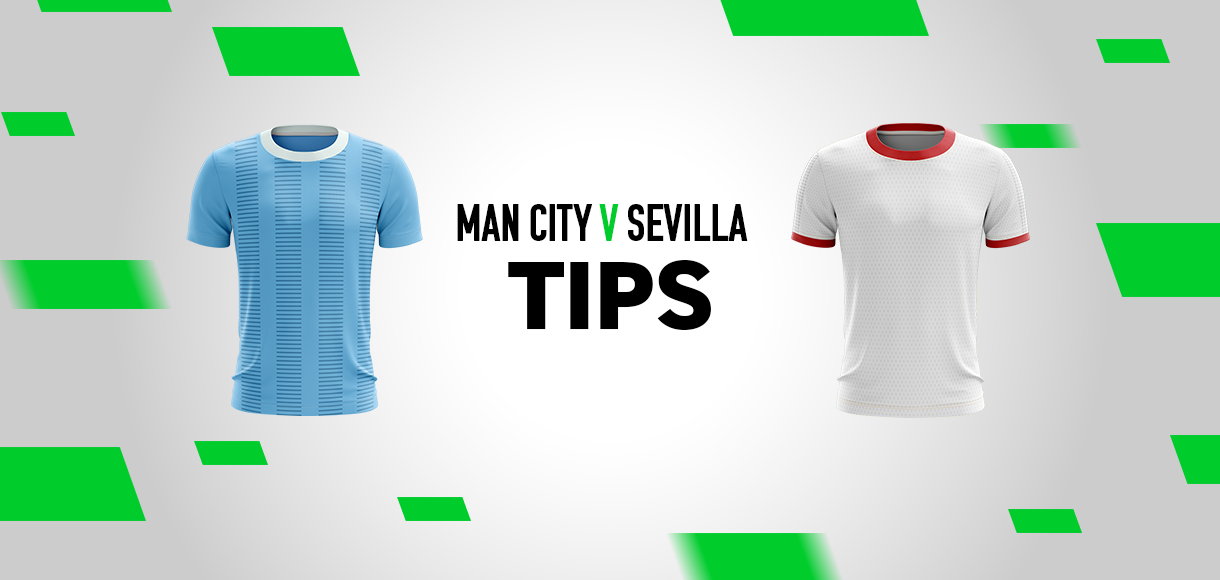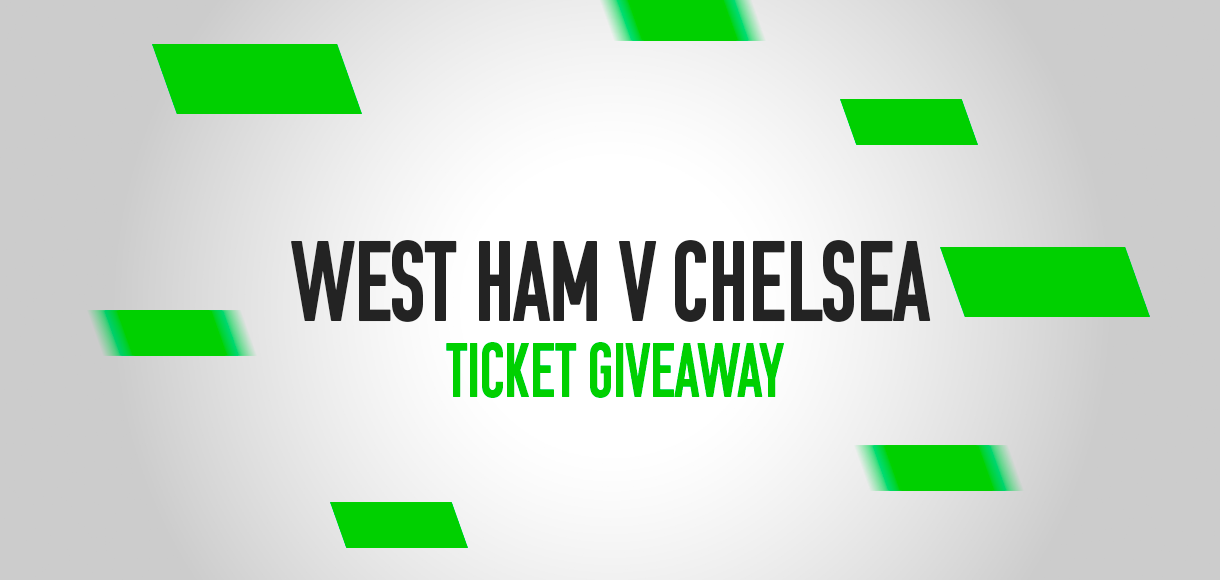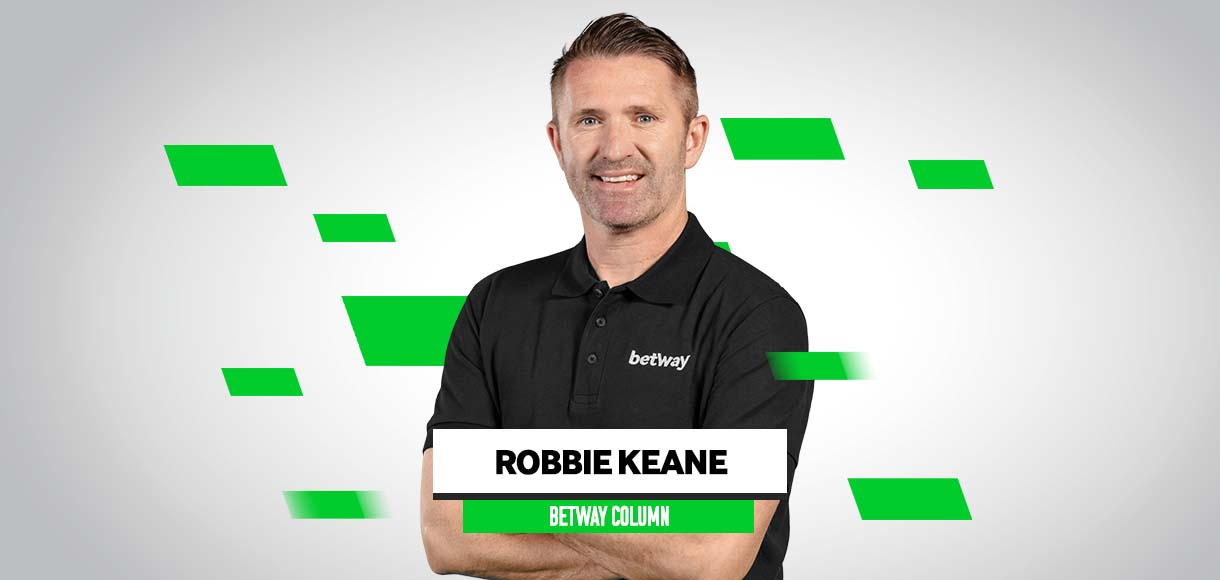At Home With: Football Ramble Daily's Luke Moore

In the latest instalment of our series, one of the podcast's founding members discusses the challenges of creating content without any football to discuss.
How are you continuing to do your job despite working from home?
We now record remotely from our respective spare rooms and home offices.
That has presented its own challenges, because we like to make shows that are about chemistry and personality and charisma, and a lot of that is based around interaction between people.
You take a huge cut of that away when you can’t be in the same room, so that has been a challenge, and a challenge that you can’t really prepare for. You’ve just got to do it and try and learn it as you go.
What sort of work are you doing given we don’t know when the football will return?
We’ve got Stakhanov, which owns Football Ramble Daily, which is a team of six and, myself included, we’re all still working full-time from our respective homes. We’re a very small team and we need these guys. We can’t really work without them. There’s editing to be done, there’s social media to be done, there’s logistics to be done, there’s planning, there’s all sort of stuff that still needs to happen.
One thing I’ve been really proud of is that for the small, independent company that we are – with no financial backing outside of what we generate ourselves and with no larger media company to own us – we’ve not missed a beat, we’ve not missed a show, and our sound quality has been better than any of the others.
With the second season of Sunderland 'Til I Die available on Netflix, we've got a special episode available for our Patreon subscribers.@lukeaaronmoore sits down with @Fulwell73's Ben Turner to discuss how it was made!
— Football Ramble Daily (@FootballRamble) April 1, 2020
Sign up here to get involved! ➡️ https://t.co/VriYetfQOA pic.twitter.com/eV1RXy6ii6
How are you keeping in contact with colleagues?
We use a piece of software called Zencastr where you generate a link and send the invite out to the people you need on it. It’s fairly similar to a Zoom call or whatever. Then, it uses your internet to host a conversation between you, but it saves the audio locally to your computer. We can’t see each other and the reason for that is, based on the testing we’ve done, if you generate video then it is detrimental to the sound.
While we do a better job, I think, of any other podcast in this country of supplementing our audio with good video stuff and good social stuff, that to us is a supplementary thing. What’s most important to us is the quality of our shows, so we’ve eschewed the idea of having video as well as it takes up too much bandwidth.
How are you using this time to hone your skills/get better at your job?
In terms of the content itself, it’s not been as hard as I was fearing, actually. We’ve benefitted from the idea that our show isn’t necessarily just about the football itself, it’s always been about the circus around football and, of course, that continues and will always continue.
The show I do on talkSPORT is called Gameday Countdown. It’s a build up to the next day’s games, so we’ve had to completely change that. What it does is give you a lot more flexibility to be creative because you have a certain number of slots to fill in the hour and it’s a three-hour show.
But it’s been fun. That’s what broadcasting is – being versatile, being flexible and finding stories in the everyday and making them entertaining to people. I’m not saying I always achieve that, but that’s what you’re aiming for.
That’s what broadcasting is – being versatile, being flexible and finding stories in the everyday and making them entertaining to people.
What’s the thing you miss most about football?
I love the community of it. I love that people love it. That being taken away from everyone is difficult.
Without being too dramatic, most of the things that I’ve been able to achieve in my life have come from the fact that I work, in a peripheral way, in football. I love the sport and I miss it because it’s a big part of my life.
How are you passing the time without any football/sport to watch?
I’ve been regularly exercising on my own, keeping my distance. I’ve been pottering around the house. I’ve got a couple of things in the pipeline to sort out in the garden. We’ve been cooking, we’ve been baking.
To be honest, and I don’t want to trivialise what is a very serious time, but we’ve got it very nice. We live in a nice flat with two cats, we’ve got everything we need. Aside from the usual things like being worried for older family members, we’ve got nothing to complain about.
There are plenty of people out there who are having a much harder time than us - frontline workers for example. I'm very grateful for everything they're doing.
Any TV shows/films/books you’d recommend?
My wife and I are going through The Sopranos again, but I imagine everyone has already seen that. I’d also recommend a series called The Stranger on Netflix. I heard a few people saying they didn’t like it, but I really enjoyed it.
For sports fans, the 30 For 30 documentaries from ESPN are brilliant. There was one the other day about James ‘Buster’ Douglas when he beat Mike Tyson. There are loads of different ones and, if you’re a sports fan, then you can’t really go far wrong.
I’ve also got halfway through a book called The Splendid and the Vile by Erik Larson, who is one of my favourite history writers. It’s about Churchill’s first year in power, so I recommend that as a book.
Have you discovered any new interests or hobbies since the football stopped?
I tasked my colleagues Andy Brassell and Kate Mason, who is going to be doing a lot more work with us in the future, to read a book, and we’re going to do a pilot episode of a book club-type podcast. We might even get an entirely new series out of that, just because I thought we may as well do it while we’re not going out or doing anything else.
But, do you know what has annoyed me a bit? Everyone saying you should use this time to do this or do that and you don’t have any excuses not to learn something new. Just relax, man. Don’t worry about it. Do whatever you want to do. Just keep yourself happy and healthy and anything else above and beyond that is a bonus.
Have there been any positives that have come from the football stopping?
I think it’s a real watershed moment for things like the money in the game and players’ wages and transfer fees and the pomposity and self-aggrandising nature of the sport in general.
Look at the average debt that is held by each Championship club – I think it’s £26m or something like that. It’s not sustainable. And, if a big event like this means that half of the 92 clubs in this country go out of business, then of course it is going to affect it. The rescue package will have to be absolutely gigantic.
Have you learned anything about yourself?
To be honest, I’m 40 this year, so I feel like I’ve done a lot of navel gazing and midlife-crisis stuff already, and I did get to a position a few years ago where I was quite comfortable in my own skin.
Clearly, when you spend a lot of time in the house and you can’t do anything else, you spend more time thinking too much and all that kind of stuff, but I’ve been so busy that I’ve actually been alright.
I think I’ve ultimately learned that perhaps I love my wife even more than I thought I did. She’s been great.
But I do feel like it’s easy for me to say all this stuff when we’re only a few weeks in. If this went on for months and months, not just me, obviously, but many people’s mental health will suffer because of it.
Hardship is something that I think a lot of us are fortunate not to experience too much, particularly in the bubble that we’re in. It’s something we have to adjust to and realise how lucky we are and maybe it will make us a little bit more grateful long-term.
What has the enforced break made you realise you love most about football?
One of the things I love most about football is that if I sit down to watch a game, there’s a possibility that something extraordinary might happen.
Now, I know that nine times out of 10 it’s going to be a boring 1-1 or 0-0 or whatever, but, sometimes in football, astonishingly exciting things happen, and you can’t take your eyes off it.
Just knowing that is possible is part of the reason why I like watching football so much and that has been taken from us, so I miss that.




































